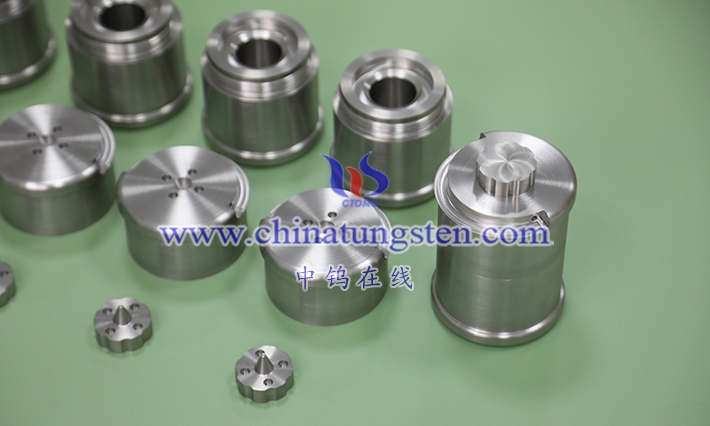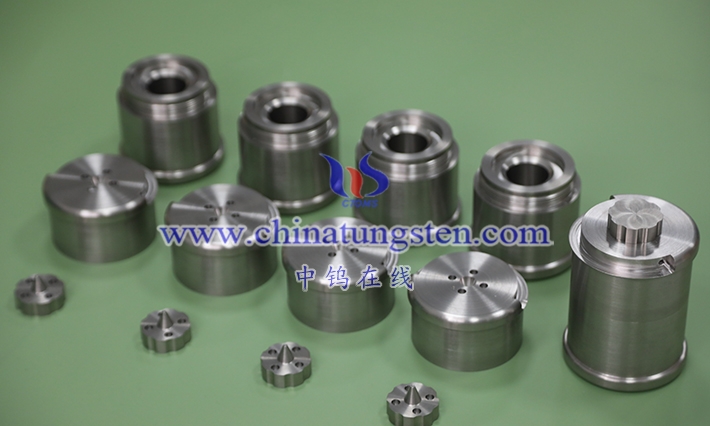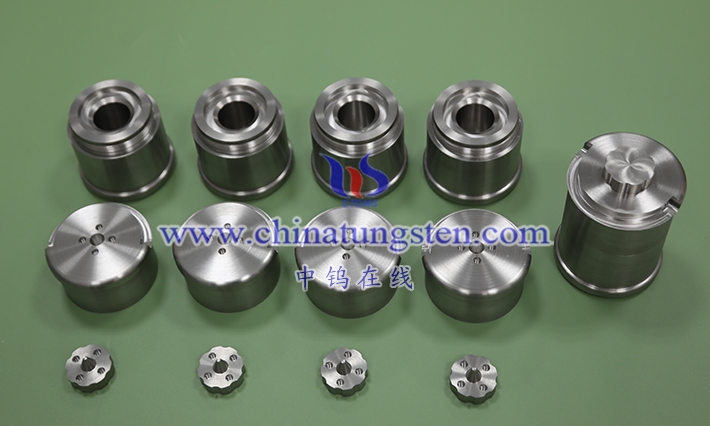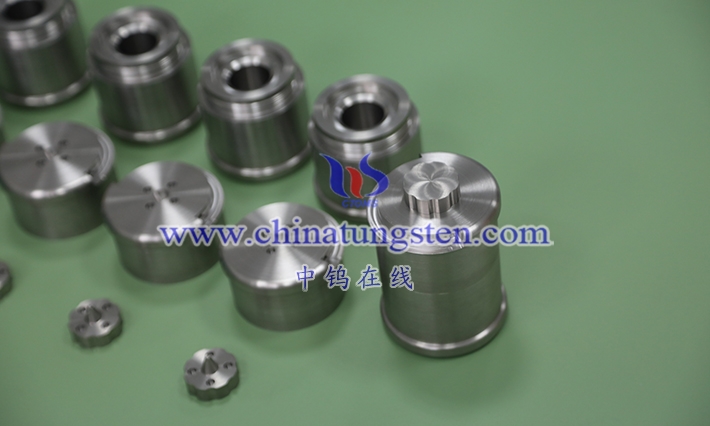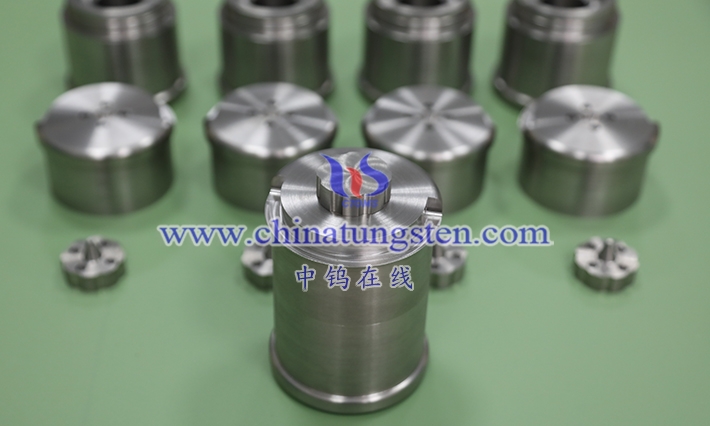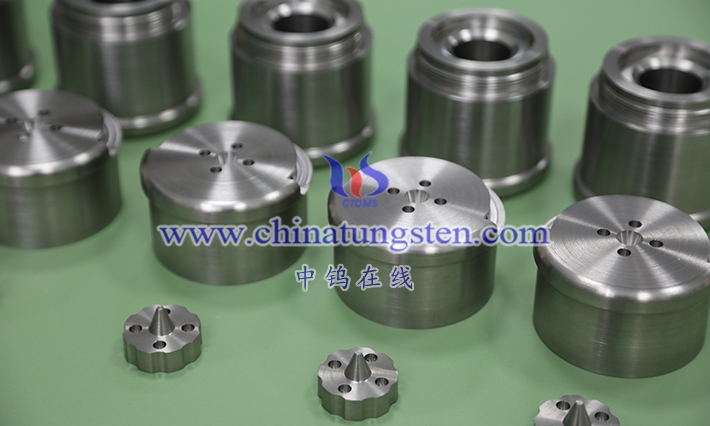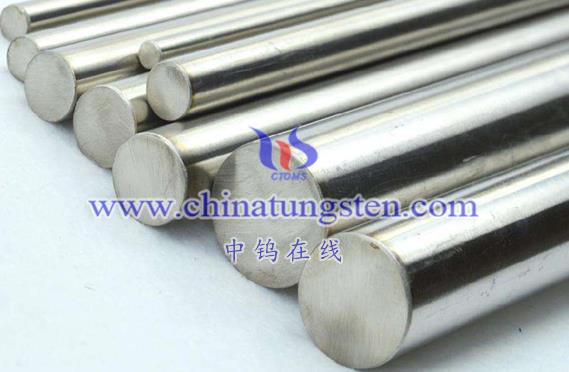
Residual stress in high-density alloys is usually caused by factors such as stress and temperature changes experienced by the material during preparation, processing or use. These stresses will reduce the mechanical properties and corrosion resistance of the material, and may even lead to component failure.
In order to eliminate the residual stress of high-density alloys, the following methods can be used:
- Heat treatment method: By heating and cooling the material, the phase change and stress state of the material are changed to eliminate residual stress. Commonly used heat treatment methods include annealing, normalizing, quenching and tempering.
- Mechanical treatment method: By applying external load or vibration, the material is plastically deformed, thereby releasing the internal residual stress. Commonly used mechanical treatment methods include tension, compression, impact and vibration.
- Laser irradiation method: By irradiating the surface of the material with laser, the surface of the material is heated unevenly and generates local compressive and tensile stress, thereby eliminating the internal residual stress.
- Ultrasonic treatment method: Vibrating the material with ultrasonic waves causes the crystal lattice inside the material to vibrate and produce local plastic deformation, thereby releasing the internal residual stress.
When eliminating residual stress in high-density alloys, the following points need to be noted:
- The method of eliminating residual stress should be selected according to the specific conditions and uses of the material to ensure that the residual stress is eliminated without adversely affecting the mechanical properties and corrosion resistance of the material.
- During heat treatment, the heating and cooling rates should be controlled to avoid cracks or other defects in the material.
- When performing mechanical processing, appropriate load and vibration parameters should be selected to avoid excessive deformation or damage to the material.
- When performing laser irradiation or ultrasonic treatment, appropriate parameters and irradiation time should be selected to ensure that residual stress is eliminated without adversely affecting the surface quality of the material.
In summary, eliminating residual stress in high-density alloys requires selecting appropriate methods based on specific circumstances and strictly controlling processing parameters and conditions to ensure that residual stress is eliminated without adversely affecting the mechanical properties and corrosion resistance of the material.
More details of tungsten alloy product, please visit website: http://tungsten-alloy.com/
Please contact CHINATUNGSTEN for inquiry and order of tungsten carbide:
Email: sales@chinatungsten.com
Tel.: 86 592 5129595
